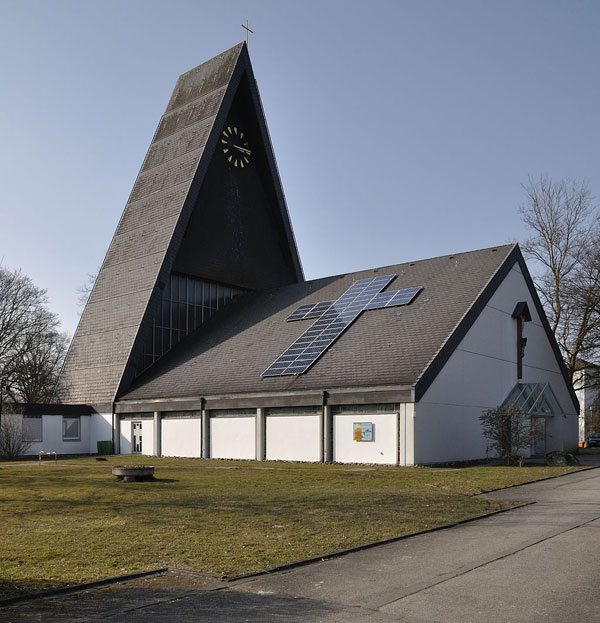
October 18, 2017; Progressive Pulse and Winston-Salem Journal
It has been two years since NPQ reported on the legal case of a nonprofit selling power from its solar panels to a Greensboro church. On the face of it, a nonprofit, NC WARN, believed it was helping the church align with its community-serving mission by shifting church energy consumption from fossil fuels to renewables through the sale of energy from solar panels that the nonprofit had installed on the church roof.
NC WARN is part of a much larger national movement that many are calling energy democracy, in which consumers become direct energy producers and thereby shift energy production and consumption from fossil fuels to renewable energy sources. But of course, this shift reduces the profits of the local private monopoly energy provider, which in North Carolina is Duke Energy. Duke responded by urging the state regulator to fine NC WARN $125,000 and $1,000 a day for selling energy from solar panels that generate 5.25 kilowatts of power (a small amount of power basically sufficient to meet the energy needs of a single home). The state regulator decided to levy a smaller fine of $60,000 and said it would suspend the fine if the nonprofit stopped selling power.
In some states, the rights of community members to generate their own power solutions is well established—but those states do not include North Carolina. In September, the North Carolina Court of Appeals ruled for Duke Energy in a split decision, 2-1. Appellate Judges Hunter Murphy and Donna Stroud ruled that the arrangement encroached on Duke’s control of the retail side of electricity production. The one dissenting appellate judge, Chris Dillon, looked at the sole-customer aspect: “I conclude that NC WARN was not acting as a ‘public utility’ because the solar panel system is not serving ‘the public,’ but rather is designed to generate power for a single customer (the church) from the church’s property.” As a result, Dillon’s position was that the power agreement did not risk Duke Power’s control of retail electricity sales.
Split decisions automatically take a case to the state supreme court, and NC WARN has filed its intent to appeal. The Rev. Nelson Johnson, pastor of Faith Community Church, issued a statement about the case:
Sign up for our free newsletters
Subscribe to NPQ's newsletters to have our top stories delivered directly to your inbox.
By signing up, you agree to our privacy policy and terms of use, and to receive messages from NPQ and our partners.
We are eager to take this pivotal case to the NC Supreme Court with our partners at NC WARN. With the ominous recent advances of global heat and destructive weather that are hurting so many people nearby and around the world, there has never been a more important time to challenge Duke Energy’s attempts to control the benefits we are all provided by the sun.
This year, North Carolina passed legislation making it legal under specific parameters to have third-party solar power leases. But Duke Power objects to NC WARN providing its own financing agreement and objects to NC WARN selling the power directly to the church.
NC WARN was keeping to its mission with the sale of solar power, as it tackles climate change by advocating for environmental justice and assisting in transitions to renewable energy, but pursuing such a mission is not always easy, particularly when doing so challenges the profit-making ability of the local monopoly energy provider. For the moment, the sale of the solar power to the church is on hold, and any money the church has already paid is being held in an escrow account until the case is settled.—Marian Conway
Correction: This article has been altered from its original form. The chain of events that brought NC WARN and Duke Energy into the appellate court has been clarified and corrected.












